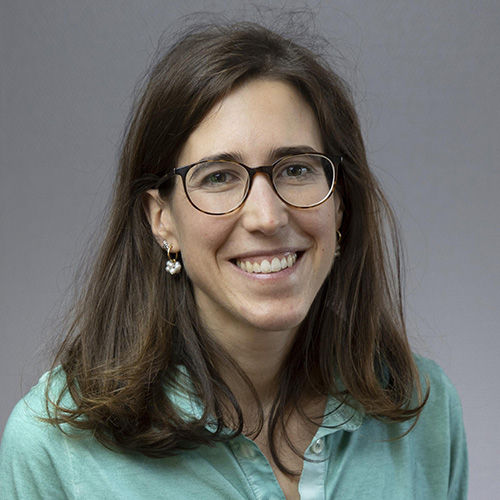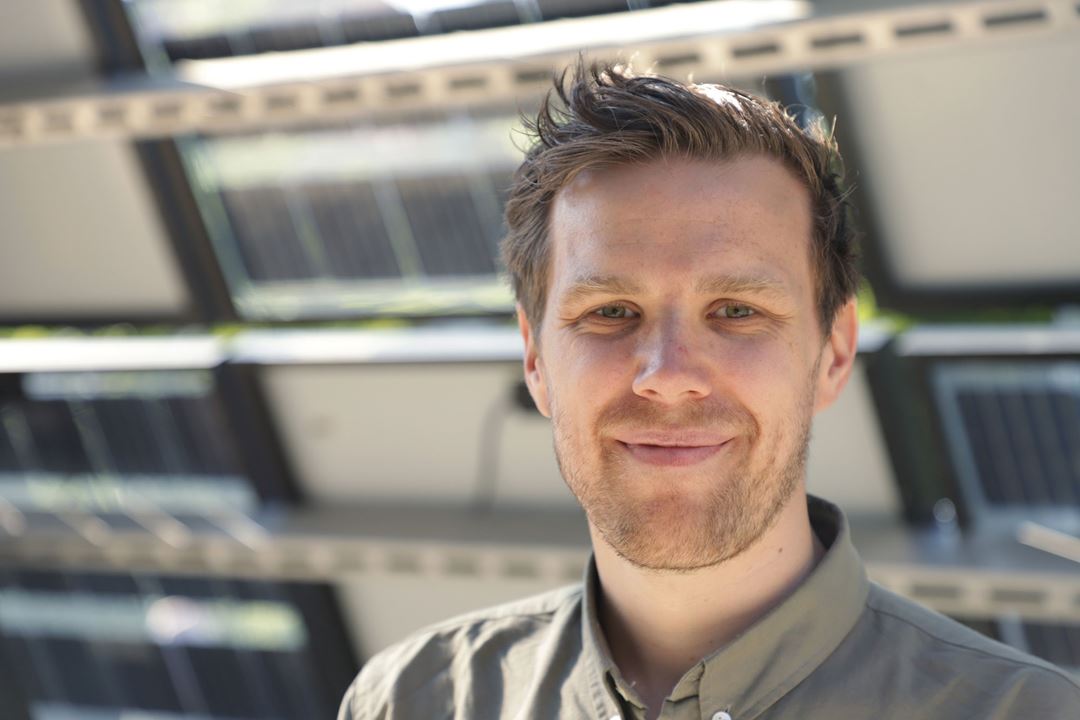NCCS has a major responsibility to communicate the research results in scientific publications, but public outreach and participation in the public debate is also a core strategic activity in NCCS.
But how do we communicate our research results within CCS to the uniformed and perhaps uninterested public?
Fact: World needs CCS
The fact is that the world needs CCS – it is a key part of the portfolio of technologies needed to reach the 2°C target of the Paris Agreement. But we also know that today CCS is not commercially viable and requires public funding, meaning we need politicians to support CCS and therefore we need people to vote for the politicians to support CCS.
The research community is well-versed in technology-based communication, but does this work for convincing the public?
Gassnova CCS communication seminar
On the 27th of June, NCCS Centre management was invited to participate in a communication seminar and workshop on CCS hosted by Gassnova and BI Norwegian Business School.
Gassnova CEO Trude Sundset opened the seminar with a presentation on the current status of the Norwegian Full-Scale CCS project. Gassnova’s Communications Director, Torund Bryhn, explained the motivation and purpose of the day – to engage organizations to come together to discuss how we can best communicate and learn from each other on CCS communication at all levels. Gassnova’s goal is to develop a CCS “communication cluster” where we together share experiences and learn from each other to create CCS communication measures to help make CCS a reality.

Learn from solar
Mette Vågnes Eriksen, Group Sustainability Manager at DNV GL, gave a presentation on solar energy and challenged the audience to discuss how (or if?) CCS actors can take the learnings from solar energy’s reputation-building. It is clear that comparing renewables to CCS is not appropriate; renewables are generally heavily subsidized and in general benefit from the fact that they create something rather than CCS which is general thought to clean-up something.
Have enough facts?
Jonas Helseth, Director at Bellona Europa, pointed out that it is often not what is communicated but who does it. He challenged that the industry also has a responsibilty to bring CCS to the agenda when communicating their own strategies. We have enough reports and we do not necessarily need more facts about CCS. We need other communcation methods to actually make a difference and obtain wide-spread CCS support in order to stimulate action.
Per Espen Stoknes from BI explained some of the complexities on the psychology behind CCS communication and that there are many ways to change the way people think about climate change and CCS’ role in solving this problem. He outlined ways such as using the power of social media, communicating that CCS can improve health quality, and to think of investing in climate change mitigation technologies as an insurance policy, just in case.
The science behind science communication
Peggy Brønn, professor at BI, explained that communication in itself is a science and that effective science communications requires an understanding of the science of communication. Communcation methods depend on the needs and goals of both the organization and their stakeholders. Top-down communication in general does not work, but rather public relations theory should be used, which is based upon scientific principles with the following steps.
Formative research
- Analyzing the situation
- Analyzing the organization
- Analyzing the stakeholders
Strategic Planning
- Establishing goals and objectives
- Formulating action and responsive strategies
- Using effective communications
Action and Communications
- Choosing communication tactics
- Implementing the strategic plans
Evaluate the strategic plan
- Did we persuade?
- Did we change behavior?
Workshop
After lunch, there was a workshop activity related to external and internal challenges on CCS and the group agreed that this was only a starting point in the discussions needed. As this “CCS communication cluster” develops and more join, we hope that we can together develop measures and methods to effectively communicate around CCS in ways that will actually make a difference.
















Comments
No comments yet. Be the first to comment!